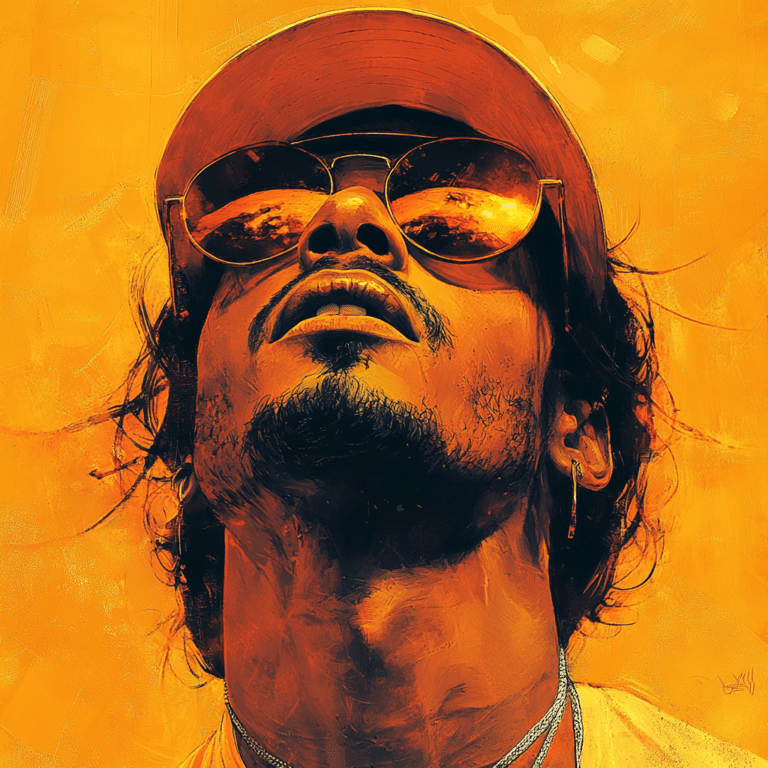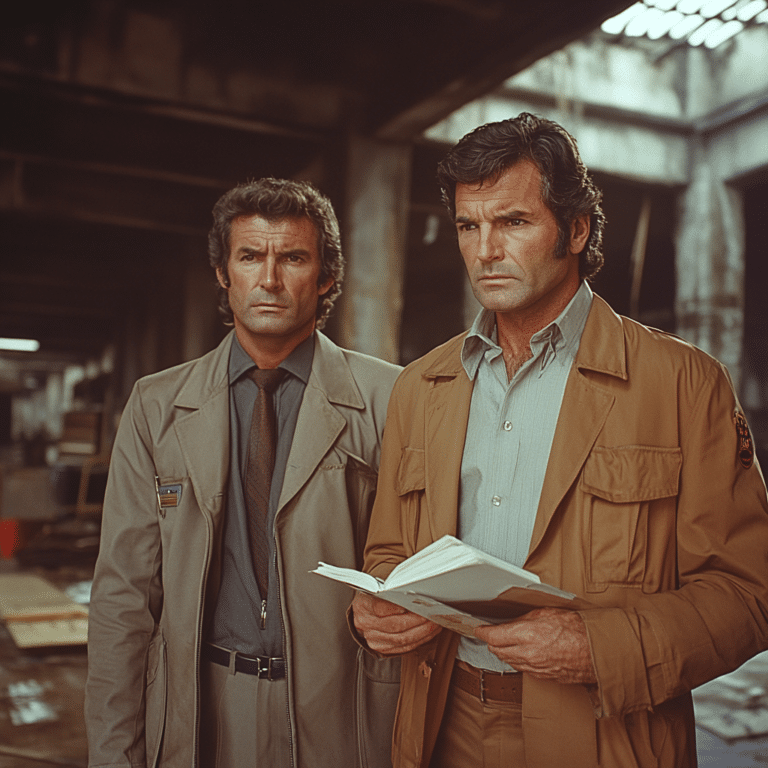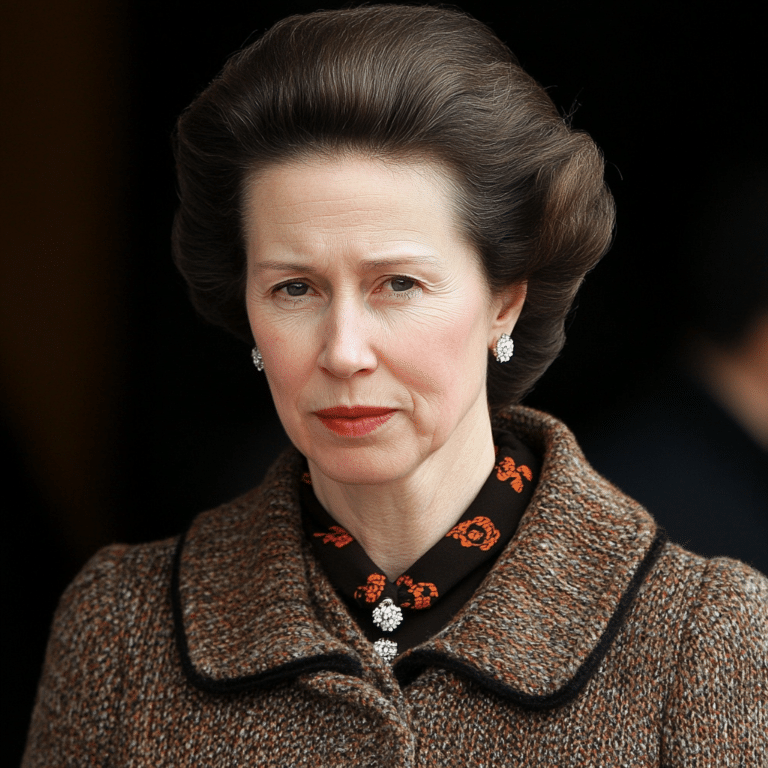Douglas Murray: A Thought Leader’s Agnostic Perspective on Faith
Douglas Murray is a prominent British author and commentator whose insights on faith and belief systems have made waves across the globe. Known for his sharp critiques of modern society, Murray has delved into nationalism, immigration, and identity politics, unpacking the nuances that complicate our understanding of religion today. In 2024, he made headlines again, openly identifying as agnostic and sparking fresh debates about traditional faith. His works, including “The Strange Death of Europe” and “The Madness of Crowds,” provide a critical lens that invites us to scrutinize our beliefs and their relevance in an increasingly secular world.
Murray’s agnostic position does more than just challenge religious norms; it shines a light on the complex relationships between faith, culture, and morality. By exploring the intersections of these elements, Murray encourages both believers and skeptics to engage in thoughtful dialogues about what it means to have faith—or to live without it. His astute observations have positioned him as a pivotal figure amidst the rising tides of skepticism, raising questions that echo throughout contemporary society.
As Murray’s thoughts continue to resonate—leading to spirited discussions both in conservative circles and beyond—it’s time to examine the key challenges he presents to traditional faith, pushing us to rethink how we see spirituality in our lives and communities.

Top 5 Challenges to Traditional Faith by Douglas Murray
Murray’s agnostic views pose compelling challenges to traditional faith. Here are five key points he articulates that resonate throughout his works:
The Impact of Modernity on Religion
Murray firmly argues that technology and rapid advancements have drastically altered human perceptions of spirituality. In this digitally driven age, where information is at our fingertips, traditional faith finds itself grappling for relevance. Social media and instant communication shape how individuals experience and engage with belief systems, often sidelining structured worship. As a result, faith may seem less appealing to the younger, tech-savvy generations who seek instant validation rather than centuries-old dogmas.
Cultural Critique: Religion vs. Secular Morality
Contrasting religious teachings with secular ethics remains a recurrent theme in Murray’s analysis. He contends that while secular values aim to promote admirable goals, they often lack the historical context and depth found in religious teachings. This can lead to a moral relativism that compromises our ability to navigate the complexities of right and wrong. Forgiveness, loyalty, and community are sometimes misplaced in a cultural landscape where subjective values dominate.
The Dangers of Dogmatism in Faith
Murray is unflinching in his critique of dogmatism, viewing it as detrimental to both religious and secular worldviews. Rigid adherence to beliefs often breeds division, fostering hostility toward those who differ. Whether stemming from a religious background or a fervent secular ideology, this dogmatism disrupts constructive dialogue. Murray calls for a more flexible approach to understanding others, urging us all to embrace discourse surrounding belief systems that can pave the way for greater understanding.
The Role of Identity in Belief Systems
Murray shines a light on how identity politics warp conversations around faith. Religious affiliations often intertwine with cultural and ethnic identities, complicating the faith discourse even further. When political and cultural identities become deeply intertwined with one’s belief in God, opposing views become not just ideological but also personal. Murray challenges us to separate these identities in our conversations and examine how they affect our engagement with religion.
The Search for Truth in an Age of Skepticism
In an age rife with skepticism, Murray champions a rigorous pursuit of truth. His agnosticism doesn’t outright dismiss the divine; rather, it emphasizes the importance of questioning and inquiry. He acknowledges the limits of human understanding while encouraging a quest for answers. This starkly contrasts with the blind faith often depicted in various religious traditions. For Murray, fostering an environment where difficult questions can be asked is essential for the evolution of any discourse about faith.
Douglas Murray’s Critique of Religious Extremism
When it comes to religious extremism, Murray holds no punches. He examines how radical interpretations—whether from Islam or any other faith—can escalate to violence, breeding division rather than understanding. He urges believers to engage in meaningful dialogues that promote healing and unify rather than perpetuate fear. The extreme interpretations by groups like the Hamas Murderers starkly illustrate the devastating consequences of misinterpreting faith, resulting in sectarian violence.
Murray’s take on extremism is not to condemn faith itself but rather to critique its misapplication. In a polarized world, embracing constructive dialogue across divides can lead to mutual understanding. Murray’s insistence on recognizing the dangers of dogmatic extremes serves as a rallying call for those seeking a more inclusive discourse around faith.

Comparative Analysis: Douglas Murray and Other Intellectuals
To truly appreciate Douglas Murray’s viewpoints, it’s essential to juxtapose his ideas with those of other notable thinkers.
In this rich tapestry of intellectual debate, the contrasts among these thinkers promote a dynamic discourse about faith and belief systems in modern society.
Implications for Future Discourse on Faith
The implications of Douglas Murray’s agnostic views lay a foundation for reexamining how we engage with faith. His advocacy for open dialogue may be the key to bridging the persistent divides between believers and non-believers. As discussions continue to evolve, the necessity for adaptability in belief systems becomes paramount. With societies undergoing such rapid changes, Murray’s insights encourage us to reflect on how these adaptations can lead to a richer understanding of faith.
Reflecting on Murray’s Legacy
Douglas Murray’s exploration of faith through an agnostic lens has laid the groundwork for a critical examination of our beliefs. His approach encourages meaningful conversation between traditional structures and modern skepticism, making space for a deeper exploration of what faith means today. By calling for reasoned inquiry and honest dialogue, Murray not only challenges traditional ideas but also invites us to contemplate our convictions in a rapidly changing world.
In doing so, he enables a platform for greater understanding of faith’s role in a pluralistic society. Murray’s insights compel both believers and skeptics alike to reflect on their experiences, forcing a collective confrontation with the fundamental questions of existence—questions that deserve ongoing exploration as we navigate our way through life. It’s an invitation to explore faith, identity, and community in ways that promote not just understanding but genuine dialogue.
So, as we find ourselves navigating these discussions, let’s take a page from Douglas Murray’s book and consider the complexity and richness that lies in understanding faith amid the challenges of modern life.
Douglas Murray: Trivia and Insights on a Provocative Thinker
The Man Behind the Controversy
Douglas Murray, a name that often ignites spirited discussions, is a keen observer of modern society. Did you know he’s written extensively on how faith and culture intertwine? With titles like “The Strange Death of Europe,” he challenges prevailing narratives, much like how a recent house explosion shook a quiet neighborhood, altering perspectives in an instant. Conversations about such bold ideas are never dull, and just like the slight differences in the ak time zone, his viewpoints can vary dramatically from mainstream consensus.
A Colorful Landscape of Ideas
Murray is often likened to an intellectual provocateur, but his background is as intriguing as his arguments. He has even shared platforms with unconventional figures, much like the memorable character Vermin Supreme, known for his humorous take on serious issues. Yet, Douglas’s style is starkly different—he dives deep into societal issues with acumen and precision. Another lesser-known fact is that he possesses a notable penchant for sports; as an avid supporter of teams like the Oakland Athletics, he can navigate lively debates over a game just as easily as he challenges spiritual beliefs.
Impact Beyond the Page
Murray’s influence stretches far beyond academia and literature. His appearances at events such as those held at the Baltimore Marriott inner harbor have drawn crowds keen to hear his views. Given that he engages with topics that many find contentious, he proves that discussing faith and skepticism can be enlightening. Much like the whimsical premise of Home Sweet home alone, his insights often illustrate that home—be it a concept or a place—can be a sanctuary or battleground for ideas.
Ultimately, Douglas Murray’s engagement with themes of faith and agnosticism invites us all to consider our own beliefs. His sharp observations and willingness to confront uncomfortable truths make him a captivating figure worth watching. For more insights and to connect with current discussions, check out the latest updates on Fox News, or visit other channels in our network to join the conversation around thinkers like Murray.

What religion is Douglas Murray?
Douglas Murray now identifies as agnostic, having shared this in a recent 2024 interview.
What religion does Denzel Washington belong to?
Denzel Washington is a devout Christian, often speaking about his faith and its influence on his life and career.
What is it called when you are not atheist but not religious?
When someone isn’t atheist but also not religious, they might be described as agnostic, as this term often refers to those who believe it’s impossible to know for sure about the existence of a higher power.





































